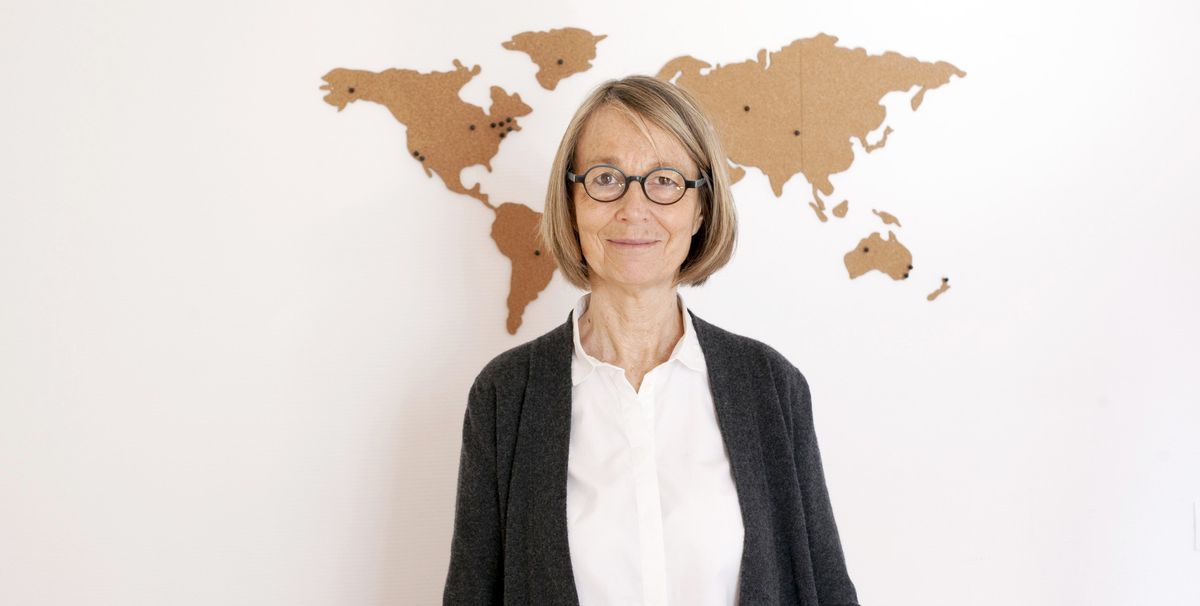French artists have high hopes for France's new culture minister Françoise Nyssen in the government of the centre-right prime minister Edouard Philippe appointed by the president Emmanuel Macron. Nyssen, 65, enters politics after a 30-year career with the prestigious Actes Sud publishing house, founded by her father, in Arles in the south of France. In 2008 she was made a Commander in the order of Arts and Letters, France’s highest cultural honour.
Actes Sud is known for a Nobel Prize-winning novel by Svetlana Alexievich, books on numerous artists, including Sophie Calle, Giuseppe Penone and Michelangelo Pistoletto, and catalogues on the Rencontres d'Arles photography festival, besides books on theatre, architecture and music.
Nyssen and her husband, Jean-Paul Capitani, set up the Association du Méjan, which organises cultural activities in the Saint-Martin du Méjan chapel in Arles. Currently on view is an exhibition by the French artist Ernest Pignon-Ernest. The couple also founded a school, Ecole Domaine du Possible, on a farm in the Arles countryside, promoting a holistic pedagogy and a relationship with nature, after their 18-year-old son, Antoine, took his own life.
Christian Boltanski, the French artist, says about Nyssen: “She's fantastic, and I had an exhibition in the Méjan chapel [in 1989].” Fellow French artist Annette Messager, who has had three books published by Actes Sud, says: “Actes Sud had the courage to stay in Provence, and she can inform herself very fast as she works hard.”
Another French artist, Claude Lévêque, remembers Nyssen's literary prowess from his childhood. “She took care of me while my mother was away and gave me the taste for literature, because before meeting her I used to read books backwards,” he says. “Today, I don't know if she's interested in contemporary sculpture.”
After a bitter election campaign, Laurent Grasso, the French conceptual artist, hopes that Nyssen's policies can help foster social healing. “I hope she'll have the means to create a visionary cultural policy that gives a social link in a divided and bruised country,” he says. “It would be magnificent if a Parisian biennial were created. Artists are rarely consulted [on policy]; I hope that she will receive some of us for a discussion.”


